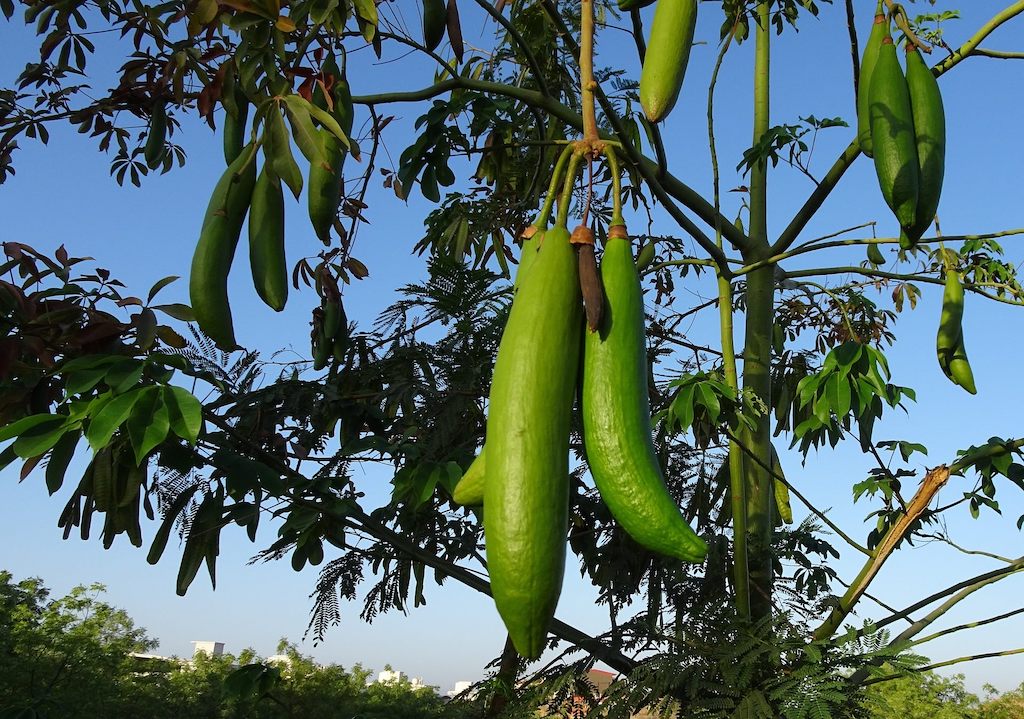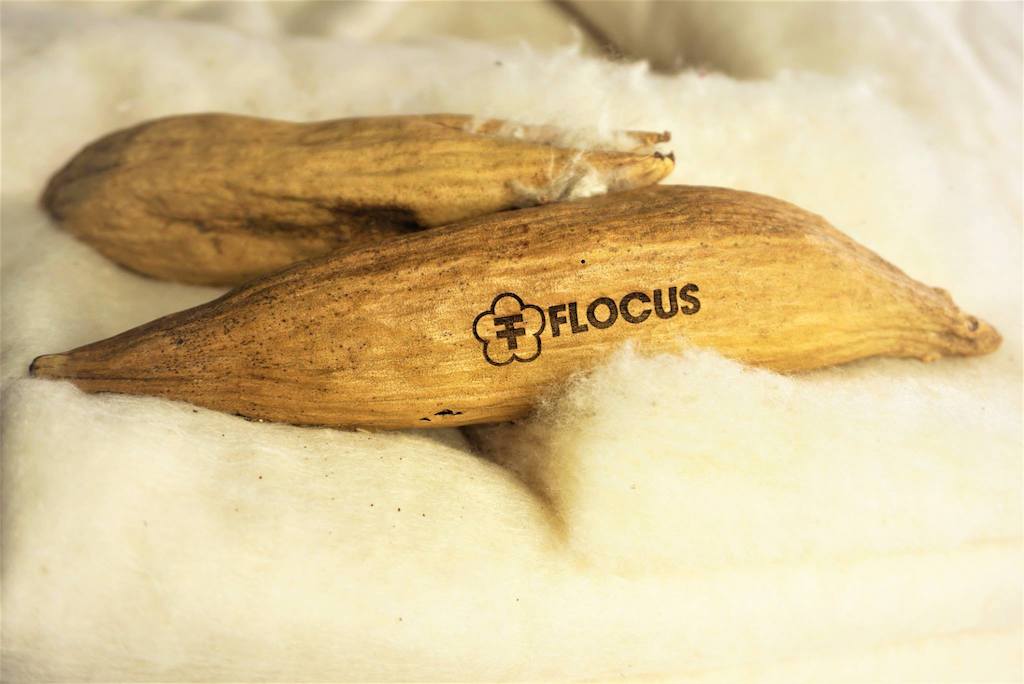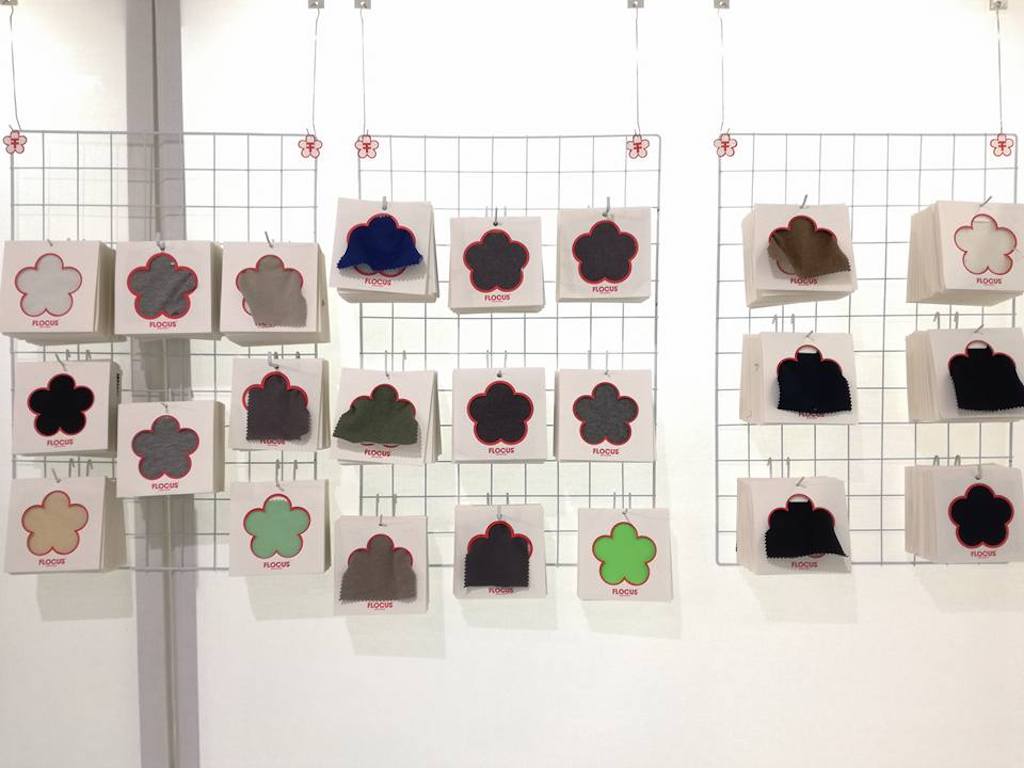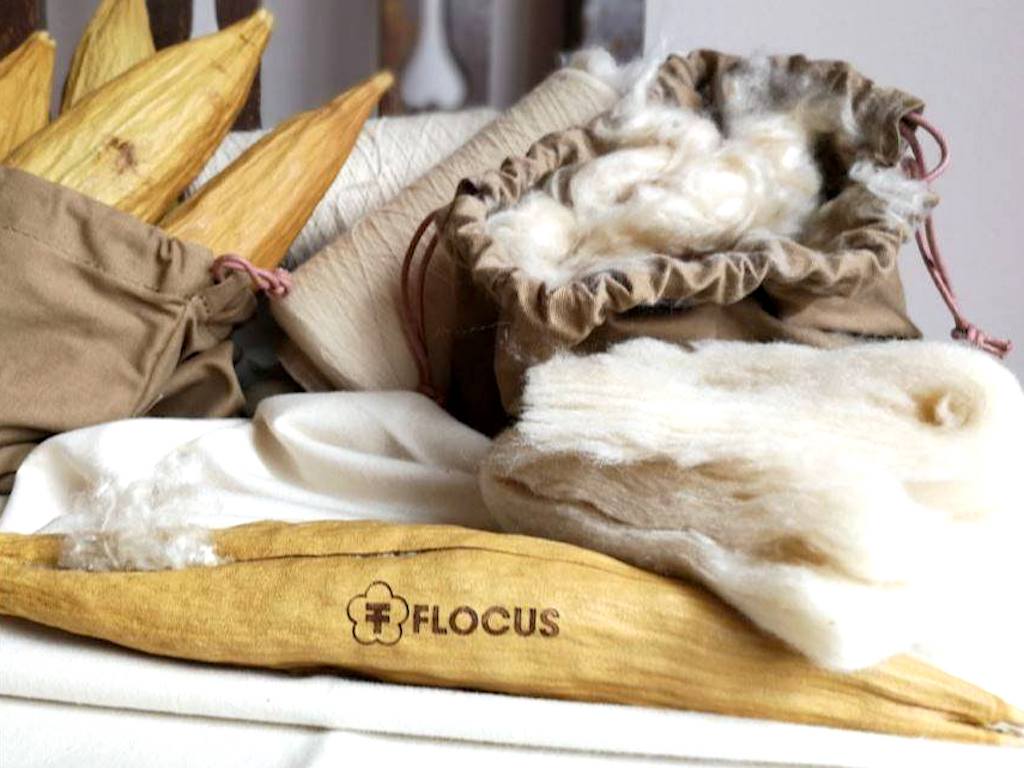4 Mins Read
In the midst of the global climate and waste crisis, there’s never been more spotlight on the need for sustainable material alternatives. Startups are racing to innovate new alternatives, from vegan mushroom leather to bio-based plastic-free polyester. One startup, Flocus, believes the key lies in the humble kapok tree.
Based in Shanghai, Flocus thinks that the kapok tree holds enormous potential to disrupt the textile industry. It is working on transforming the dried fruit of the kapok tree into sustainable yarns, fabrics and fillings. According to the firm, it’s the most sustainable fibre available in the market today, while also providing functional benefits, from its silk-like touch to its natural antibacterial and down-like insulating qualities.
Read: Next-gen sustainable materials will become $2.2B industry by 2026, experts say
What are kapok trees?

Kapok trees originate from Central and South America, but they are widely cultivated in West Africa and across Southeast Asia. It thrives in tropical climates, such as the Malay Peninsula and the Indonesian archipelago, and can even be spotted across cities like Hong Kong.
Each tree bears hundreds of fruit pods, which contain seeds that are protected by a fluffy and silky fibre. For years, this fibre has been harvested and used as stuffing in soft toys or mattresses. But Flocus believes that its potential applications are far wider.
The startup has come up with a way around the one downside to kapok, which needs to be blended with other resource-heavy materials like water-intensive cotton, in order for it to be used in other textile applications. Flocus has managed to create fibre blends using the highest percentage of kapok, and then turn it into yarns, fabrics and fillings.
Sustainable fibres, yarns, fabrics
Flocus says that the best application for its fibres is in nonwovens, thanks to its naturally lightweight, moisture-wicking, anti-moth, anti-mite, antibacterial, oil absorbent properties. Instead of using non-cruelty-free and non-vegan materials like down feathers, kapok fibres can be used to provide the same thermoregulation and insulation across a range of products, from duvets and garments to home construction and cars.

The startup can even spin kapok fibres into yarns, and then blend them with recycled materials to produce a resource-efficient fabric for the fashion industry. According to the company, these blends can “substantially reduce” water and energy use, while offering additional benefits like its anti-moisture and lightweight qualities that come in especially handy in performance wear.
Flocus works with clients across different industries, and creates a blend that is tailored to their product development needs.
“We work with designers and product developers to offer tailored blending solutions to meet the needs of our customers, and to ensure the lowest possible impact on the environment throughout and at the end of the product’s life,” says the firm, adding that its “open source textile concept” means buyers can “tailor-blend their needs”.
“Utilising kapok, Flocus offers products that can reduce the presence of animal and synthetic products in the market, utilising a completely natural alternative without abandoning functionality.”

Regenerating communities
Flocus says that monetising the kapok tree in this way can leave behind a positive social impact on communities. It says that tapping into the potential of kapok in the textile industry can provide an additional revenue stream for farmers cultivating the fruit.
The startup also believes that the extra income can generate more incentives for kapok tree cultivation, which in turn will boost carbon sequestration, prevent soil erosion and support poly-cropping practices. Kapok trees are climate-friendly too, thriving in non-agricultural land, and requiring no pesticides, fertilisers or irrigation.
All images courtesy of Flocus.




